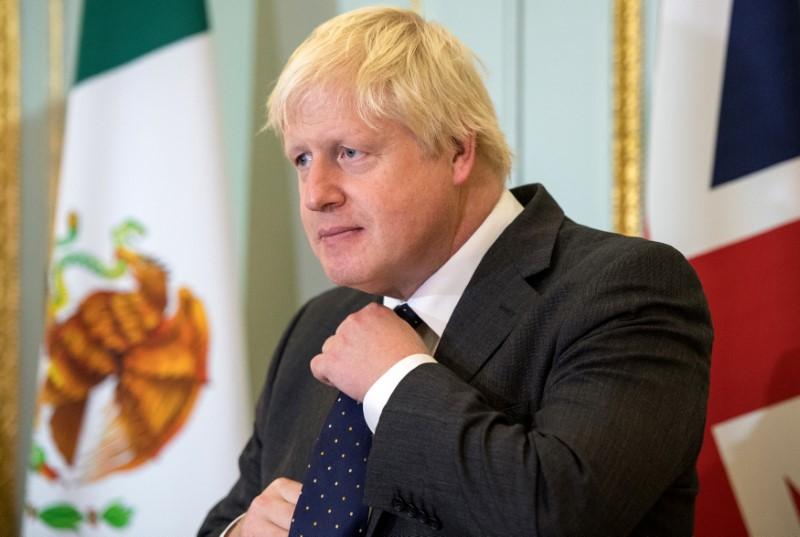LONDON—Boris Johnson, the favorite to replace Theresa May as British prime minister, must appear in court over allegations he lied about Brexit by stating Britain would be 350 million pounds a week better off outside the EU, a judge ruled on May 29.
The figure, famously emblazoned on a campaign bus, was a central and controversial part of the Leave campaign’s successful “take back control” message ahead of the 2016 Brexit referendum.





